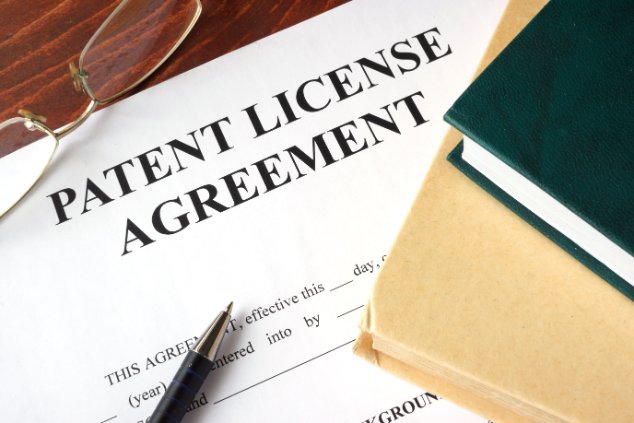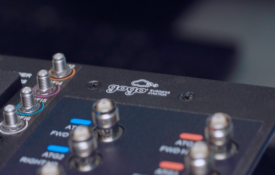If you were asked what a patent is, your answer would most likely be something about a government-awarded mechanism by which a person can exclude others from manufacturing or selling a claimed invention for a period of time. While a bit generalized, this response is not far off the mark. In the not-too-distant past protecting intellectual property was the primary function of a patent. An industry grew out of this objective whereby, in order to generate licensing revenue, a company was forced to hire attorneys to sue other companies for patent infringement in order to recover a reasonable licensing fee. This litigation-based licensing became, of course, another revenue source for IP owners.
I spent many years in my early career as an attorney who was very much part of this formula. As a patent attorney I scored millions of dollars from legal battles on behalf of patent-owning clients. But an idea started to evolve, one that could both protect patents and underlying products while also positioning them as a tool for creating revenues.
In 2013 we launched a company based on this shared vision.
Instead of a system where there are winners and losers, why not create a new win-win approach. This new patent paradigm would in no way put a stop to the traditional role of patents as a protector and enforcer of patent-owner rights, but it would offer an alternative path where they can live in harmony with companies that sought to apply their technologies—and consequently create supplemental and untapped revenue streams for a patent owner.
The premise is both simple and straightforward—instead of meeting in a courtroom, patent owners and companies seeking to adopt their intellectual property would meet at the negotiation table and hammer out a licensing agreement. Under our model, patent owners proactively market their patent portfolios to companies throughout the U.S. and around the world to generate revenue rather than wait around for someone to steal their intellectual property.
When we established Dominion Harbor to execute our model, IP owners of all shapes and sizes knocked on our door, from startups and small businesses to multinational corporations. And we went to work on their behalf, rolling up our collective sleeves and achieving substantial license revenues for our clients. Dominion Harbor became so adept at patent licensing that we soon were able to not only serve as the exclusive licensing representative for prestigious IP owners, but acquired the patent libraries of several major companies.
Today, Dominion Harbor is recognized as the preeminent global patent transactional company, handling the licensing on behalf of companies in all product and service industries. We are uniquely positioned to fully handle all aspects of IP protection and monetization. For IP owners, Dominion Harbor Group represents the global licensing of more than 12,000 patent assets. We also created our proprietary comprehensive analytic platform, IPedia® AI, which empowers clients with comprehensive IP market intelligence that is instantly actionable in optimizing dealmaking strategies.
One example of a portfolio we own is the Kodak digital-imaging portfolio of nearly 4,000 patent assets, which we have licensed to companies engaged in imaging technology such as autonomous vehicles, feature recognition, and camera and optical component manufacturing. Another is the American Express portfolio encompassing online banking, cybersecurity, payment systems, and e-commerce technologies.
We also own the Panasonic portfolio of approximately 4,500 patents, including the electronic giant’s innovations in wireless and smart-speaker technology and patents essential to the digital/internet, mobile communications, LED lighting, Wi-Fi, and cloud-computing industries.
Growing businesses benefit from licensing patented technology in several ways—they can avoid costly R&D and rapidly gain the ability to incorporate many of the world’s most sophisticated technologies into their own businesses. Licensing patents is a way to show investors a company’s commitment to best practices and that a company’s products and services are fully protected.
When it comes to negotiation versus litigation, smart companies will come to recognize that negotiation is the winning scenario every time.
 Dominion Harbor can be visited at dominionharbor.com.
Dominion Harbor can be visited at dominionharbor.com.















































